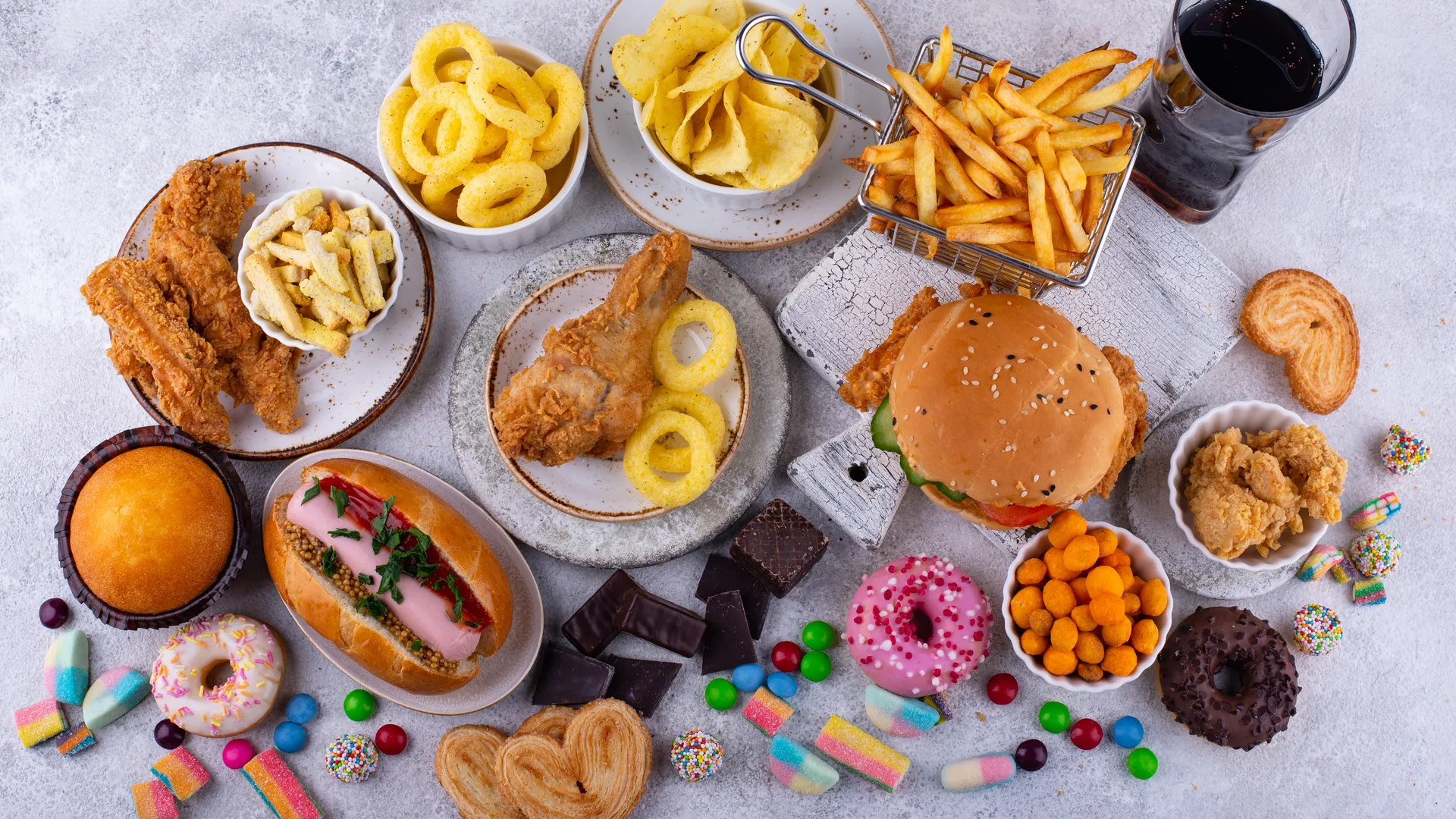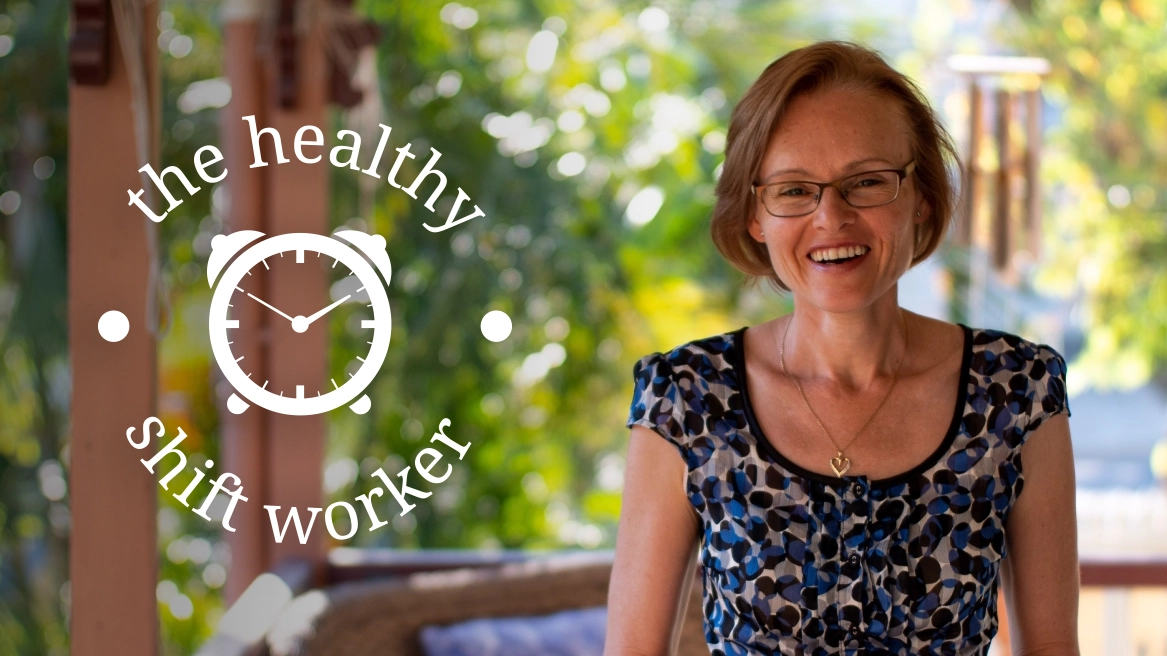As someone who works irregular hours, I’m pretty certain that you’d be well aware of how a shift working lifestyle can play havoc on our ability to sleep and sleep well.
Whether it’s due to a rotating roster, long stretches of early or night shifts, or as a result of nasty minimum turnarounds that don’t really allow sufficient opportunity to sleep.
Hmm. Don’t get me started on that one!!
But have you ever considered that your diet may be affecting your ability to sleep as well?
Because most people don’t.
In fact, it never crosses their minds.
We’re usually more worried about how our food choices are going to affect our waistlines (which is a good thing), but the association between how it can impact on our sleep is often overlooked.
So here’s the kicker.
What we eat (or don’t eat) can definitely play a role in how well we sleep (or don’t sleep).
A BIG role.
It’s why eating more of the ‘right foods’, and avoiding more of the ‘wrong foods’ can make all the difference to your sleep, which let’s face it, is HUGELY IMPORTANT for anyone working 247.
Let’s compare manufactured and processed foods versus whole real foods to help explain my point. Now when I’m referring to whole, real foods, I’m referring to those Mother Nature designed for us to eat, as opposed to those which are created in a factory.
Option A: Manufactured and Processed Foods
For example: Cakes, biscuits, white bread, crisps, cereals, fruit juices, sodas, donuts etc.
- They disrupt blood sugar levels – which can contribute to broken sleep or intermittent arousals, thereby preventing the body from being able to gain deep, restorative sleep.
- They contain little or no nutrients – our body needs certain nutrients or co-factors to produce hormones and neurotransmitters that play a role in initiating sleep. For example, in order for serotonin to be converted into the sleep-regulating hormone melatonin, the body requires magnesium, calcium and vitamin B5.
- They cause inflammation in the body – by increasing oxidative stress and enhancing sympathetic nervous system activity, otherwise known as the ‘fight and flight’ stress response. This prevents the body from being able to shift into parasympathetic mode which is the ‘rest and digest’ arm of the autonomic nervous system, and is essential for sleep to occur.
Now let’s take a look at whole foods. Foods which haven’t undergone an extensive amount of manipulation in a laboratory or factory.
Option B: Whole-Foods
For example: fruits, vegetables, nuts, seeds, legumes and whole grains.
- They are high in fibre – which has been associated with more time spent in deep, slow wave sleep as fibre helps to slow down digestion, thereby minimising blood sugar spikes and crashes.
- Are rich in nutrients – as they contain many vitamins, minerals and antioxidants such as calcium, potassium and magnesium which have all been shown to help with sleep. In addition, GABA, which is short for gamma-aminobutyric acid, a neurotransmitter in your brain that is responsible for helping you to feel relaxed, can be found in many whole foods such as cruciferous vegetables (broccoli, cabbage, cauliflower, Brussels sprouts), mushrooms, barley grass, spinach, sweet potatoes, brown rice – to name a few.
So what does all this mean?
In means if your diet is made up predominantly of processed and refined foods which are void of nutrients, chances are you’re going to experience poor quality (and quantity) sleep.
And yes, that is on top of the sleep-disruption that you already experience just from working shift work!
Because in order to be able to sleep and sleep well, your body (and mind) need to feel relaxed and calm. Something that only whole, real foods can do, as opposed to manufactured and processed foods that as human beings, we have never evolved to eat.
Just some food for thought.
Audra x
P.S: If you’d like to be a part of the last intake of my Better Sleep Program For Shift Workers for 2019 (before prices goes up in 2020) – Click Here to book a Free Strategy Session and let’s chat to see if its a good fit for you!
.
Research:
Kiecolt-Glaser, J 2010, ‘Stress, Food, and Inflammation: Psychoneuroimmunology and Nutrition at the Cutting Edge’, Psychosomatics Journal, vol. 72, no. 4, pp. 365-369.
Prather, A, Leung, C, Adler, N, Ritchie, L, Laraia, B & Epel, E 2016, ‘Short and sweet: Associations between self-reported sleep duration and sugar-sweetened beverage consumption among adults in the United States’, Sleep Health, vol. 2, no. 4, pp. 272-276.
St-Onge, M, Roberts, A, Shechter, A, & Choudhury, A 2016, ‘Fiber and Saturated Fat Are Associated with Sleep Arousals and Slow Wave Sleep’, Journal of Clinical Sleep Medicine, vol. 12, no. 1, pp. 19-24.
Zeng, Y, Yang, J, Du, J, Pu, X, Yang, X, Yang, S & Yang, T 2014, ‘Strategies of Functional Foods Promote Sleep in Human Being’, Current Signal Transduction Therapy, vol. 9, no. 3, pp. 148-155.



0 Comments